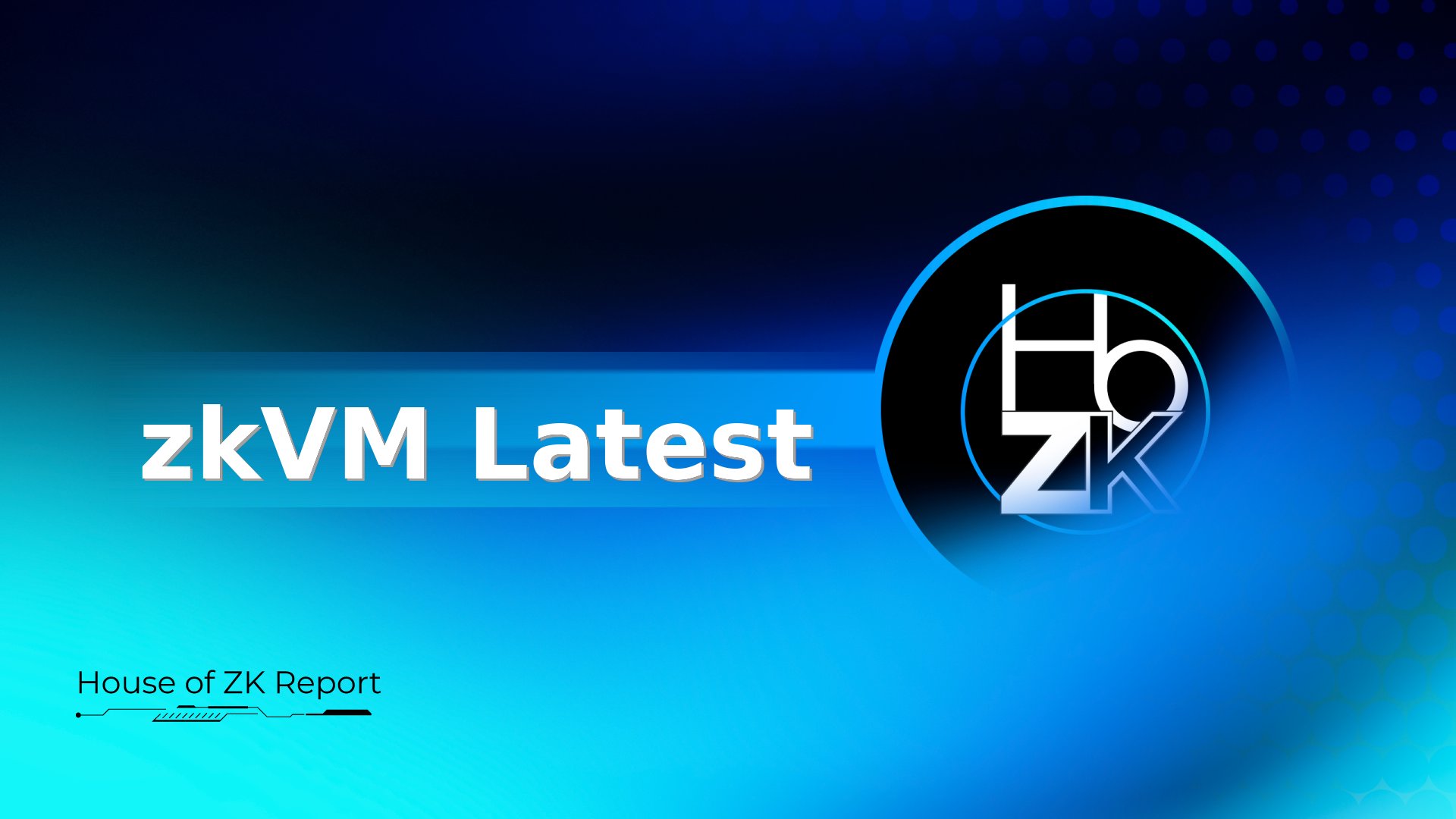
Here we report on the progress of the leading builders in the zkVM ecosystem, documenting recent significant releases, technical breakthroughs and general updates.
Featuring: @SuccinctLabs, @ProjectZKM, @NexusLabs, @RiscZero, Jolt (@a16zcrypto), @ziskvm, & @ligero_inc
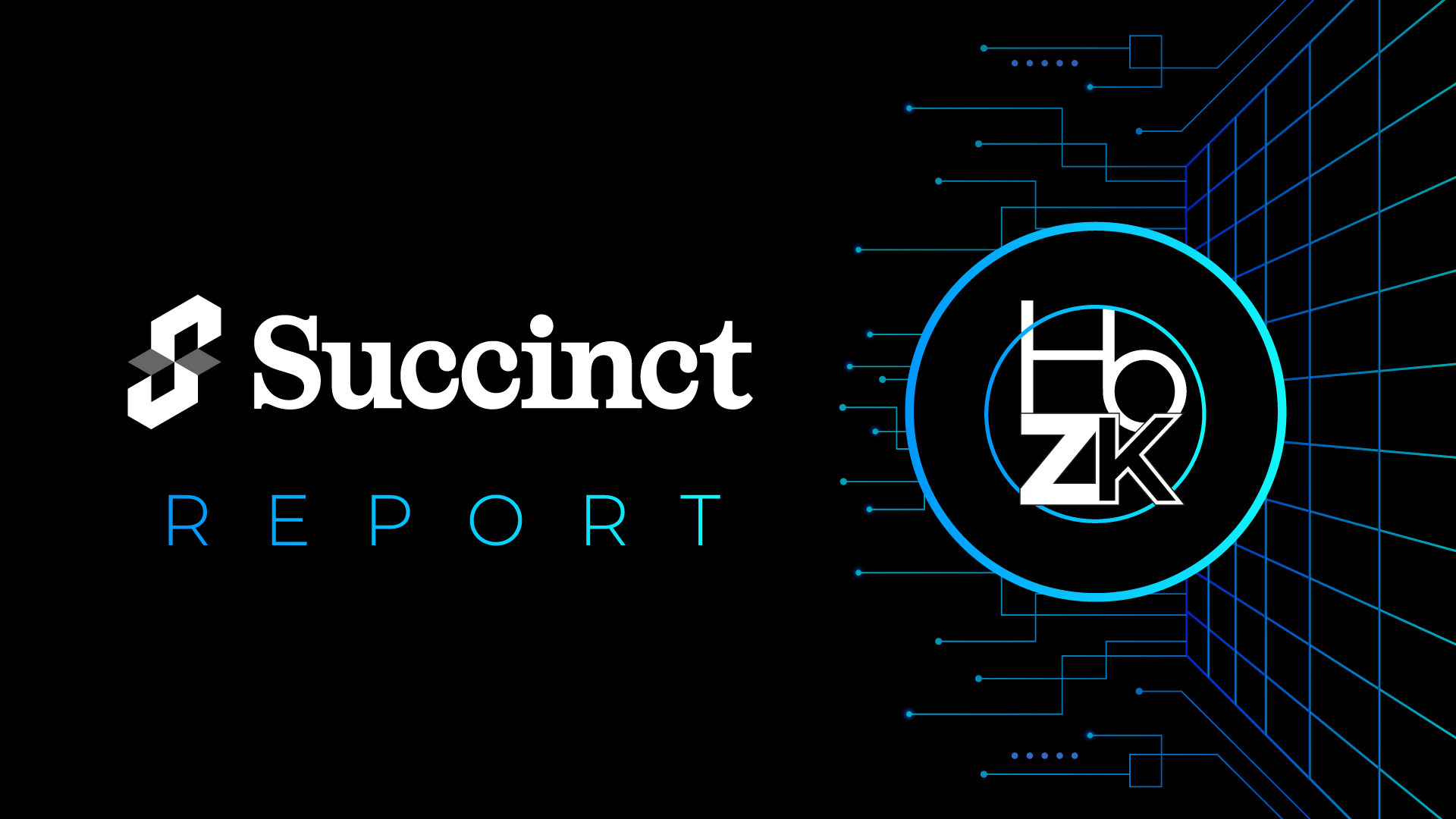
Mainnet
@SuccinctLabs has launched the first decentralized prover network on mainnet, alongside the PROVE token, which powers payments and secures the network: https://blog.succinct.foundation/mainnet/
Supporting over 35 leading protocols and securing $4B in value, the network has processed more than five million proofs. As blockchains shift to ZK-based infrastructure, demand for verifiable computation is rising.
Succinct’s low-latency, API-based marketplace simplifies proof generation. PROVE also incentivizes stakers, aligning their rewards with network usage and proof volume growth.
Partnerships
Succinct is partnering with @AlpenLabs to help power their financial ecosystem on @Bitcoin: https://x.com/SuccinctLabs/status/1952500698496872749
Alpen, an EVM-compatible L2 that settles to Bitcoin, lets developers deploy financial apps without code changes. It eliminates the need for custodians or wrapped tokens by using Succinct’s ZK Prover Network to secure transactions directly on Bitcoin, preserving ownership and transparency.
Media
At the recent @HouseofZK event at @frontiertower San Francisco, Succinct Engineer Nathan led a workshop demonstrating how to build Tornado Cash-style private transfers using SP1: https://x.com/HouseofZK/status/1950168345665323440
Nathan introduced ZK execution basics, explained privacy pool architecture, and live-coded a version featuring Merkle trees, nullifiers, and on-chain verification logic. Attendees saw firsthand how SP1 supports private, verifiable blockchain transactions in practice.
Watch the full presentation: https://youtube.com/watch?v=GcuCS8zz7LA&t=1s.
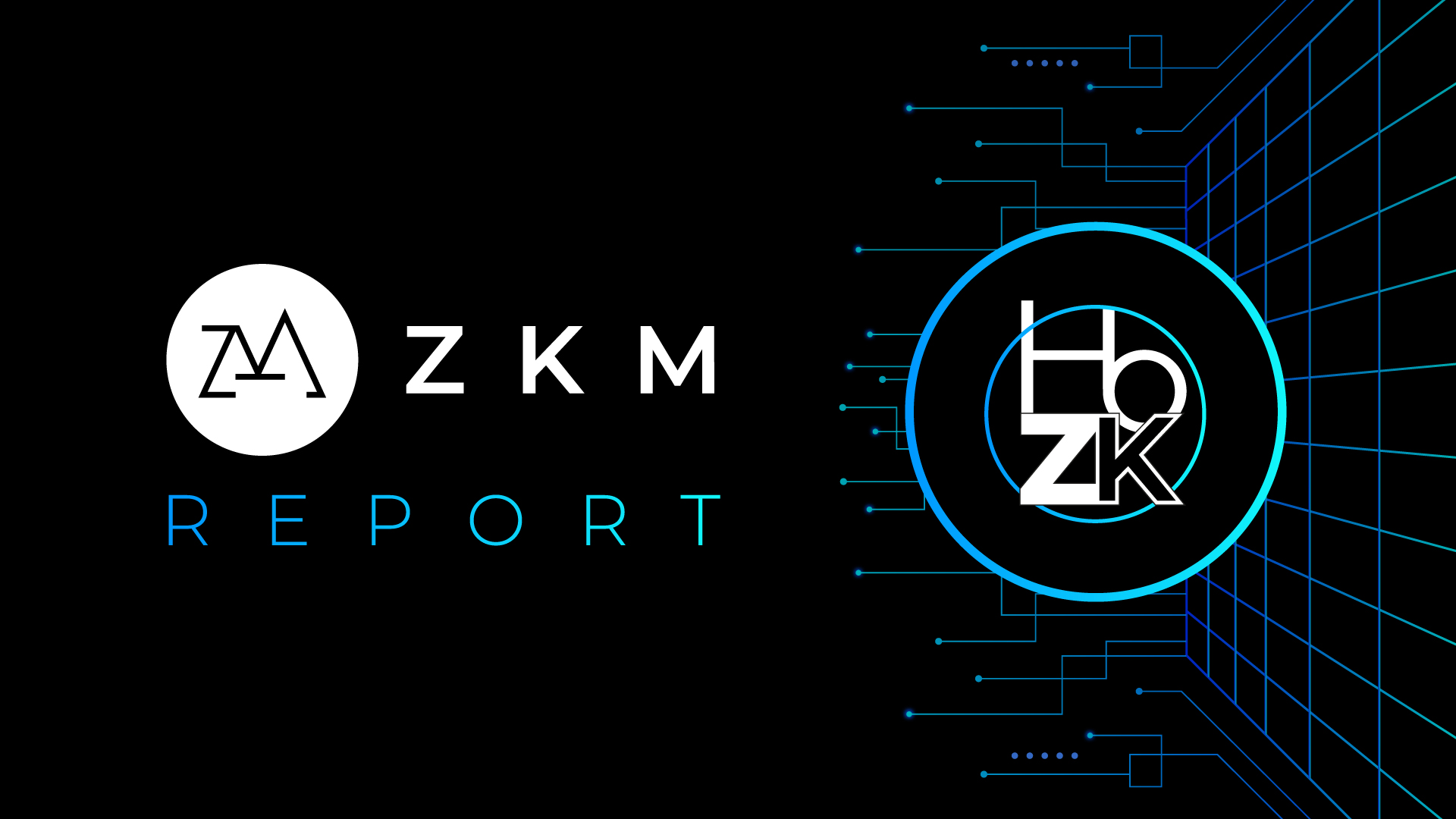
Tech news
@ProjectZKM is powering the first real-time BitVM2 rollup on @Bitcoin through its production-grade zkVM, Ziren, which now runs behind @GOATRollup’s public beta of its BitVM2 zkBridge: https://zkm.io/blog/ziren-powering-the-first-real-time-bitvm2-rollup-on-bitcoin
Ziren delivers fast, synchronized block proving, completing block proofs in around 2.6 seconds and enabling real-time peg-outs without delays.
Its distributed, GPU-backed architecture allows independent proving, aggregation, and Groth16 compression - all pipelined to match GOAT’s 3.4-second block time. This architecture ensures that every withdrawal is verified immediately, keeping the rollup in continuous sync with Bitcoin.
In-browser Verification
The project also announced the Ziren in-browser verifier via Ethproofs, enabling fast, independent proof verification: https://zkm.io/blog/ziren-verifier-now-live-in-browser
Powered by a WASM SDK, it supports STARK, Groth16, and Plonk systems, verifying full @ethereum block proofs in milliseconds. Built from a single Rust codebase, it compiles to both browser and native formats, making transparent, cross-platform verification easier and more accessible for users and developers.
Publications
ZKM shared three new articles covering key techniques used in modern ZKP systems.
The first article introduces a protocol that verifies lookup arguments using rational polynomials, Sumcheck, and GKR. This layered approach allows for efficient, recursive verification with low prover overhead and strong correctness guarantees: https://zkm.io/blog/the-logup-gkr-protocol
The second article focuses on verifying multilinear sums over the Boolean hypercube using pointwise operations and univariate reductions. The approach avoids heavy computation like FFTs, making it scalable and well-suited for zkSNARKs: https://zkm.io/blog/multivariate-sumcheck-protocol
In the final article, the attention shifts to zkVMs as the core infrastructure behind Bitcoin rollups. Ziren, ZKM’s zkVM, enables real-time proving through GPU acceleration and distributed computation, while its MIPS-based design ensures long-term verifiability aligned with Bitcoin’s principles: https://zkm.io/blog/ziren-the-hidden-engine
Education
@alicelingl, ZKM Education Lead, at @HouseofZK San Francisco, presented an entry-level workshop on building ZK and BTCFi apps using Ziren, ZKM’s MIPS-based zkVM: https://x.com/ProjectZKM/status/1952365027060589025
Alice explained ZKM’s architecture and design decisions, including the choice of MIPS, and showcased real-world use cases like GOAT Network.
The session ended with a demo on writing, proving, and verifying programs on-chain.
Full video: https://youtube.com/watch?v=wBi8RvutVN0&t=1s
Events
ZKM held a developer-focused workshop at @frontiertower in San Francisco with GOAT Network, providing insights on their MIPS-based zkVM design and performance tuning: https://x.com/alicelingl/status/1958393570806903105
The session, which featured Chief Scientist @DacEconomy and COO @sophianeverfold, explored how Ziren enables real-time Bitcoin proofs for GOAT Network and offered practical guidance for other projects looking to integrate Ziren's ZK proving capabilities into their systems.
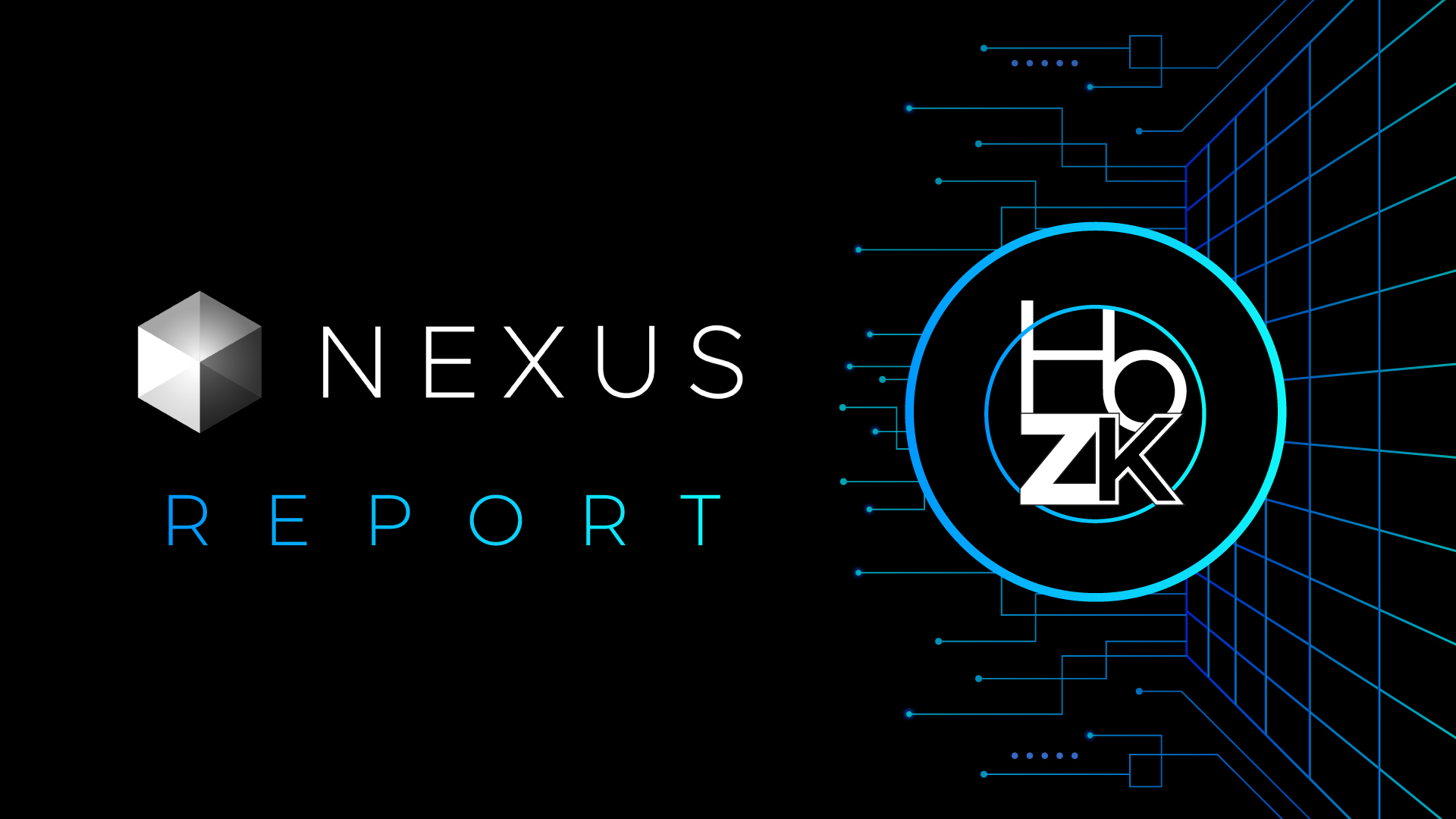
Tech news
@NexusLabs has rolled out its latest update, focusing on improved performance, user experience, and fairer rewards for contributors: https://blog.nexus.xyz/nexus-changelog-8-15-25/
Key changes include:
Reputation-Based Tasks: High-performing nodes now access more valuable proving jobs based on reliability.
CLI Redesign: Features a cleaner dashboard, simplified commands, and real-time status updates.
Leaderboard Leagues: Nexus OS introduces competitive tiers and clearer toolbar icons.
zkVM Improvements: Updates to the constraints framework and core execution tools continue.
Publications
Nexus shared a detailed article covering its approach to economic security in a proof-of-stake blockchain: https://blog.nexus.xyz/economic-throughput-and-security-in-a-proof-of-stake-blockchain/
The article explains how slashing misbehaving validators can deter forking attacks and proposes compensating users whose transactions are discarded during forks.
It also explores economic throughput limits under various confirmation levels and suggests that users can signal transaction importance by paying themselves extra, effectively buying fork insurance and increasing transaction prioritization and fee alignment.
Partnerships
Nexus has partnered with @CertiK to enhance its L1 infrastructure and world supercomputer network: https://blog.nexus.xyz/certik-joins-nexus-to-power-the-world-supercomputer/?utm_source=chatgpt.com
CertiK, known for securing over $530 billion in digital assets and working with 5,000+ clients, will provide compute support and security expertise.
The collaboration aims to deliver scalable, verifiable computation for AI systems, autonomous agents, and ZK apps.
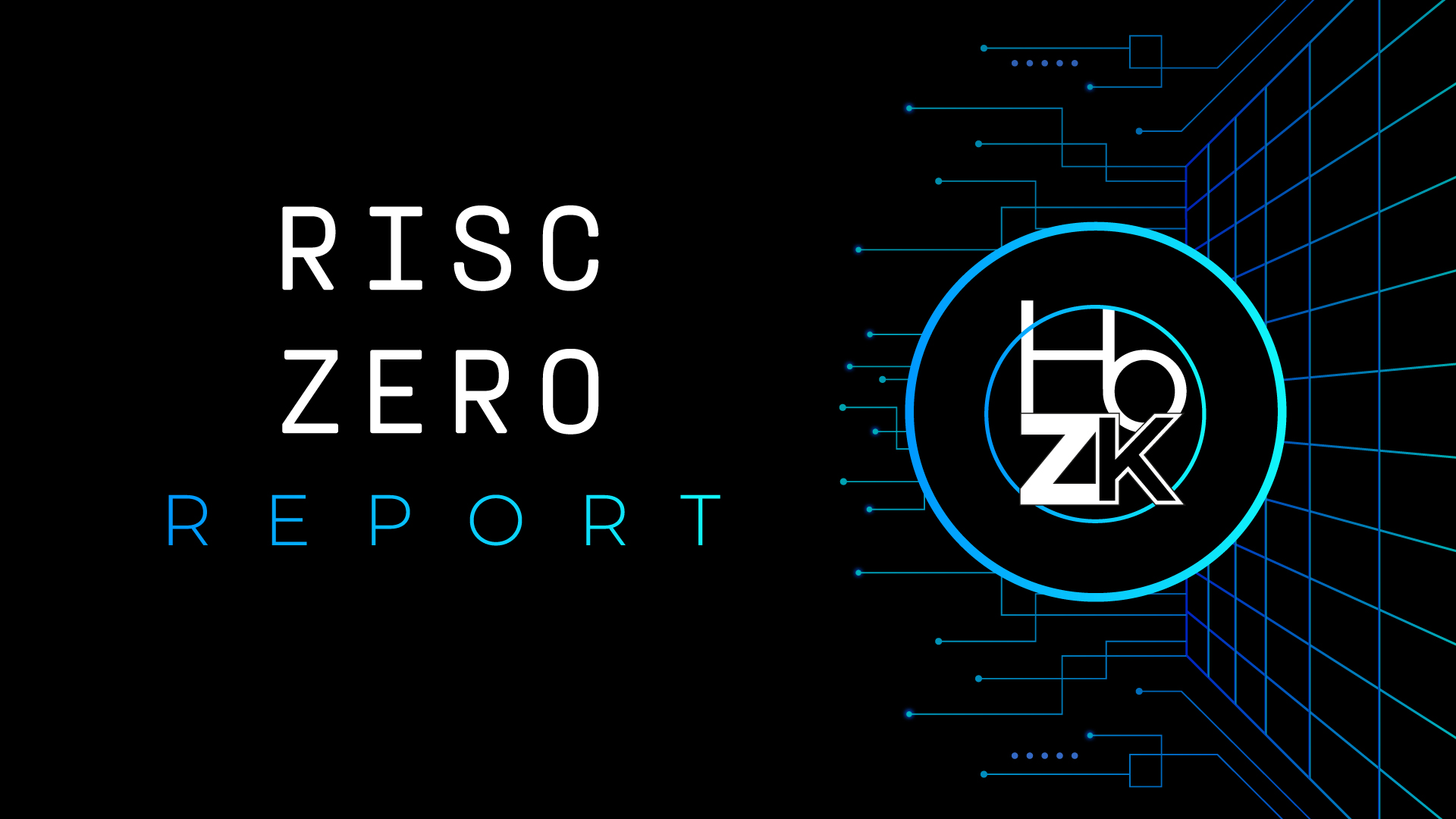
@RiscZero has identified and resolved a bug in its circuits during ongoing formal verification efforts: https://x.com/RiscZero/status/1952503598056882225
The issue was discovered by Picus from @VeridiseInc Inc. and has been patched. All partners have now migrated to version 2.2.0 or later of risc0-zkVM.

Led by @SuccinctJT, Jolt has achieved a major performance boost by integrating Twist and Shout memory-checking arguments, reaching over one million RISC-V cycles per second on a 32-core CPU and around 500,000 on a MacBook - a sixfold speedup from earlier this year: https://a16zcrypto.com/posts/article/jolt-6x-speedup/
Proof sizes are reduced to about 50 KB, and the system is more efficient and streamlined. These advances pave the way for a streaming prover capable of handling arbitrarily long executions on limited hardware, while avoiding common bottlenecks faced by other zkVMs.

@ziskvm, in collaboration with the @TheCostaGroup, is working to strengthen its system by applying formal verification methods: https://x.com/ziskvm/status/1953123083268833472
Using the CIVER tool, two critical soundness bugs were found in ZisK’s large-scale recursion circuits. Despite their size, CIVER verified most components and produced counterexamples.
ZisK remains under development, with more audits planned to improve its overall security and reliability.
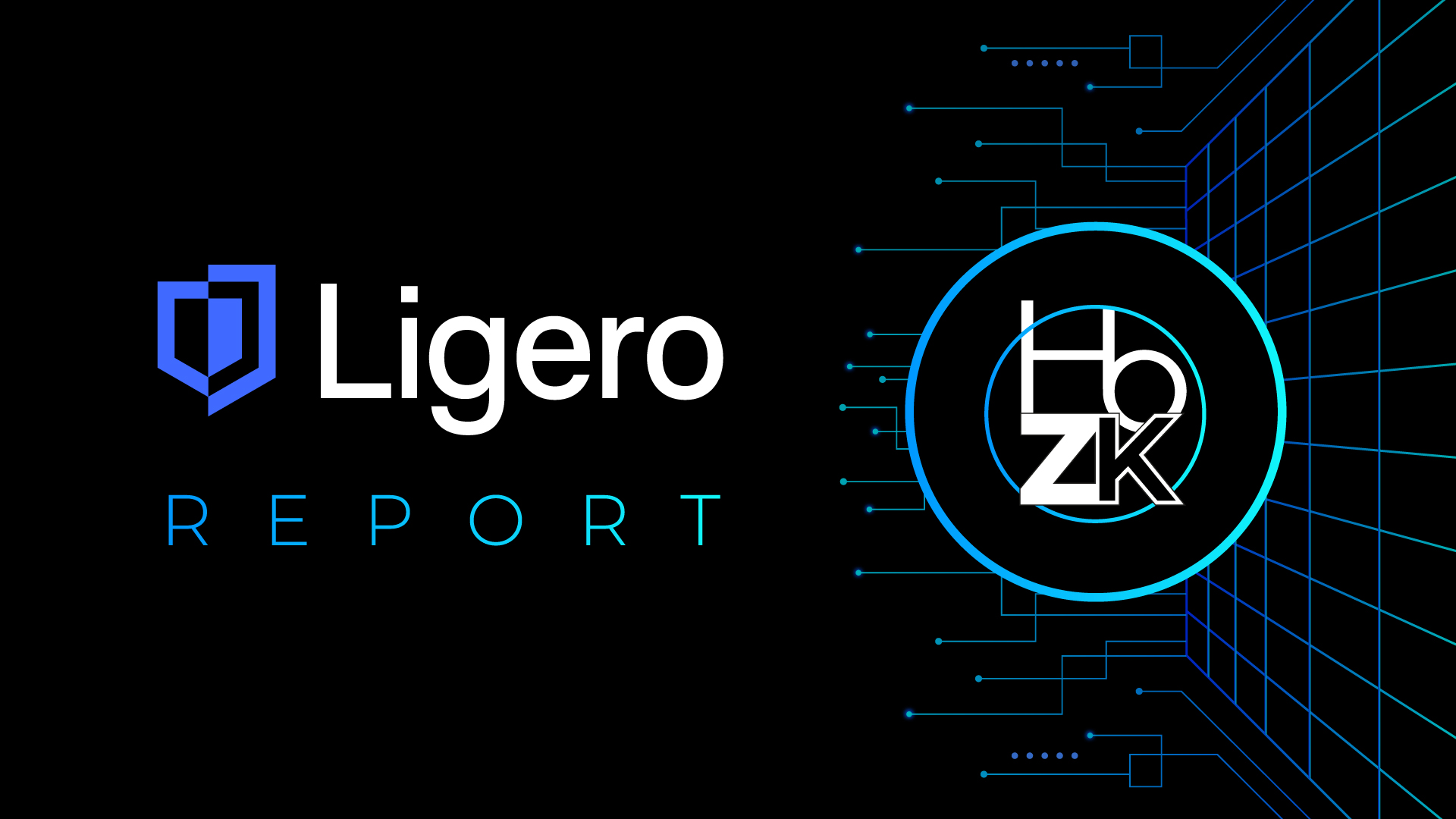
Publications
@ligero_inc published a detailed post explaining how current ZK systems struggle to scale on client devices due to memory limits and large proving keys, making real-world privacy and compliance proofs impractical: https://x.com/ligero_inc/status/1953475776205947257
To solve this, they introduced Ligetron - a new ZK system capable of billion-gate proofs running entirely on mobile devices. It removes reliance on servers, enabling identity and compliance checks directly in users' browsers or phones.
Media & Events
@mvenkita, CEO of Ligero, recently spoke at the @WPReadingClub event during SBC, about the gap between current “zero-knowledge” systems and true cryptographic privacy: https://x.com/HouseofZK/status/1957510285536670020
Muthu explained how Ligero's Ligetron offers efficient, provably private proofs - already used by @googlecloud. He also discussed emerging use cases, like identity verification, privacy pools, and privacy-preserving AI with large ML models.
Full recording: https://youtube.com/watch?v=o0HhnmbmGc4